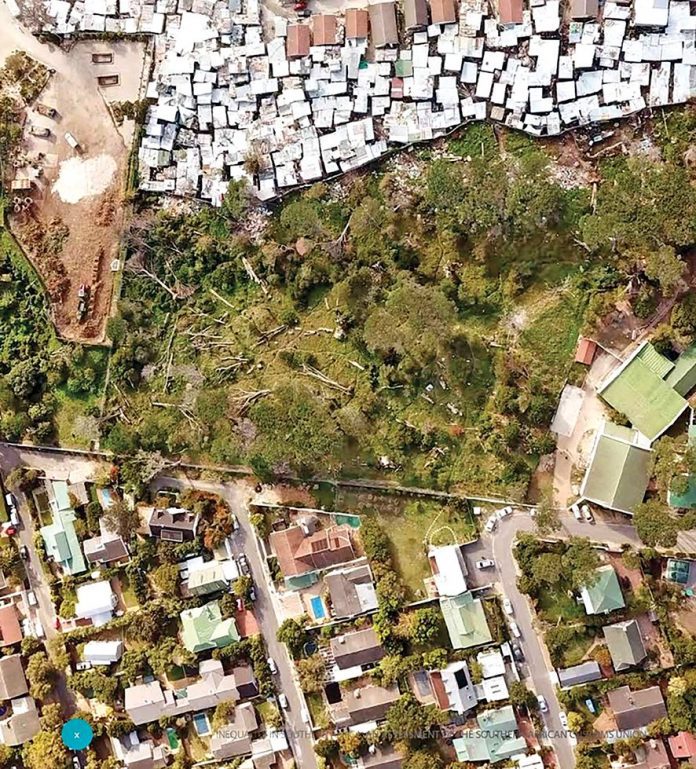Race and land fuel inequality in SA. This is the finding of a World Bank report, which surveyed SA and its neighbours, Lesotho, eSwatini and Namibia, collectively called the Southern African Customs Union (Sacu) – the world’s most unequal region.
The World Bank also identified the legacy of apartheid as one of the main drivers of inequality in SA.
The study found that the rural economy can benefit from resolving land inequality and strengthening land rights both in law and in practice.
“The legacy of a highly skewed distribution of land perpetuates inequality in Namibia and South Africa, which in turn undermines rural development and entrepreneurship. Weak property rights remain a key source of policy uncertainty in these two countries. In Botswana, eSwatini, and Lesotho, agricultural land tenure is not properly secured and land markets are underdeveloped,” the report reads in part.
“Inequality in some Sacu countries stems from their shared legacy of apartheid. In Namibia and South Africa, the story is one of incomplete transition
after apartheid.
“Political progress in these countries has not been matched by progress inequity and economic fairness mainly because distortions from their past pose critical obstacles to social progress.”
The governing ANC at its 54th conference held in 2017 resolved that the party should, as a matter of policy, pursue expropriation of land without compensation.
However, the ANC in December scrapped plans to change the constitution to make it easier for the state to take land without paying for it after failing to secure sufficient backing from the opposition and will now resort to using regular legislation to facilitate the process.
“This report shows that lack of access to key productive assets such as skills and land, is slowing progress towards a more equitable income distribution,” said Pierella Paci, the World Bank’s practice manager of the Poverty and Equity Global Practice for Eastern and Southern Africa. “Improving access and availability of private-sector jobs and access to productive assets such as land will help equalise opportunities.”
Economist Duma Gqubule said SA had a long way to go to bridge the inequality divide. “Blacks own less than 2% of JSE, which is also a worrying factor that needs to be addressed. BEE has failed completely as its only benefits the few. We still have a lot to deal with to close the gap of inequality in this country. We also have to open a debate on land expropriation and the labour market on inequalities and race. We also need wealth tax that can raise R100 billion for the country,” he said.
Key findings of the study:
- In 2008 and 2018, the race was the largest contributor to inequality in South Africa, with its contribution rising over time.
- Black South Africans remain underrepresented in the middle class and race is still one of the strongest predictors of poverty.
- A little over 10% of the working population in SA is white, but white South Africans earn nearly three times the average wage of black Africans, who constitute nearly three-quarters of the labour force.
- In South Africa, the top 10% of the population holds 80.6% of all financial assets.
- Land ownership is highly unequal in Namibia and South Africa. By 2018, Namibians of European descent owned about 70% (27.8 million hectares) of
Namibia’s 39.7 million hectares of commercial farmland, whereas black Namibians owned only 16%. - In South Africa, the legacy of colonialism and apartheid, rooted in racial and spatial segregation, continues to reinforce inequality of outcomes.
- Data from South Africa also underscore the ongoing importance of race. When race is considered in the analysis its contribution to income inequality amounts to 41%, while the contribution of education is reduced to 30%. Race, therefore, remains a key driver of South Africa’s inequality through its impact on education and labour market outcomes.
For more business news from Sunday World, click here.
Follow @SundayWorldZA on Twitter and @sundayworldza on Instagram, or like our Facebook Page, Sunday World, by clicking here for the latest breaking news in South Africa. To Subscribe to Sunday World, click here.



